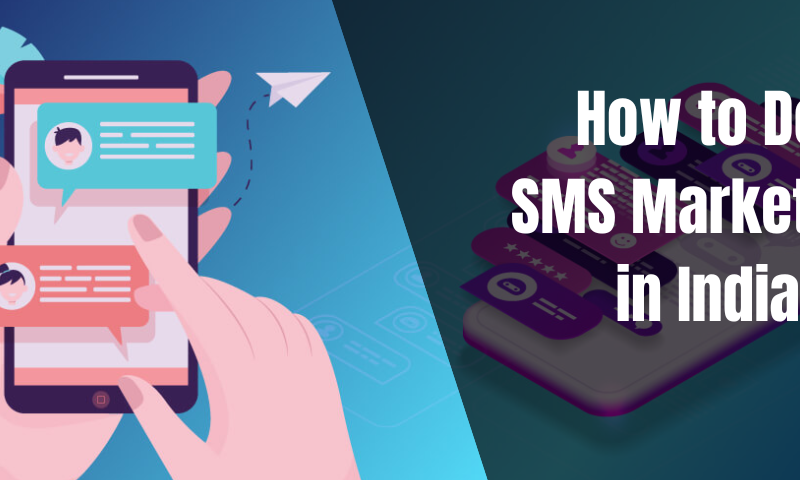
What is AI Marketing? A Complete Guide
Amid the rapid dissemination of new technologies, a lot of market leaders have adopted more advanced and efficient tools, among which AI has solidified itself as the most powerful weapon. Many companies are rapidly adopting intelligent technology solutions to encourage operational efficiency while improving the customer experience. Through these platforms, marketers are able to gain a more nuanced, comprehensive understanding of their target audiences. The insights gathered through this process can then be used to drive conversions while simultaneously easing the workload for marketing teams.
AI marketing uses artificial intelligence technologies to make automated decisions based on data collection, data analysis, and additional observations of audience or economic trends that may impact marketing efforts. AI is often used in marketing efforts where speed is essential. AI tools use data and customer profiles to learn how to best communicate with customers, then serve them tailored messages at the right time without intervention from marketing team members, ensuring maximum efficiency. Moreover, today, many marketersuseAI to augment marketing teams or to perform more tactical tasks that require less human intervention.
With every passing day, artificial intelligence holds a vital role in helping marketers connect with consumers. One must have an idea of all the components of AI marketing that are helping to bridge the gap between the expansive amounts of customer data being collected and the actionable next steps that can be applied to future campaigns. Let’s have a look:
*Machine Learning: A branch of Artificial intelligence, machine learning, is based on the principle that machines can improve their performance automatically based on their education from the data they analyse. This branch of Artificial Intelligence helps automate analytical model building by analysing data, drawing patterns from the data analysed, and making decisions without human intervention. It is a key component for marketers for understanding customers better and plays a crucial role, especially where there is a massive pile of data involved to analyse and then identify the future course of action. It also comes handy while predicting and identifying trends, responses, and reactions from customers as it takes the lead and helps marketers automate making an informed decision on the future course of action.
*Big Data and Analytics: Big data strategy seems to be a go-to solution in AI marketing, given the fierce competition in the market today. Also, not to forget, the complexity of data analysis that is needed for optimizing marketing performance. True to its name, big data comes into the picture for AI marketing, where marketers need to automate the analysis of large volumes of structured and unstructured data, especially from new sources. Big data is also beneficial where data volume and velocity are ever-increasing. With digital media taking centre stage in marketing, the flood of data has been primarily impacted. With traditional data-processing applications unable to keep pace with the trends, extensive data analysis helps marketers accurately understand the effect of their marketing efforts and take appropriate steps.
*Selecting an AI Platform: The effectiveness of any AI marketing is heavily dependent on selecting the right AI platform. Depending upon the right set of results desired, a good AI platform can help derive intelligent marketing insights to make data-driven decisions. Traditionally, AI allows companies to have solutions where the machines can do mainly 2 major things:
- Think and act humanly
- Think and act rationally
Previously in advertising, marketers were hesitant to apply artificial intelligence to their marketing strategies. But now, many successful brands and brand marketing agencies have adopted it and used it within their marketing, with brands like Amazon and Spotify using AI systems successfully. For example, Amazon uses AI to show only relevant products to shoppers, based on previous searches, purchases and views. This can increase the likelihood that a shopper makes an initial purchase or becomes a repeat customer, with the personalized experience being highly sought after. This doesn’t stop here as AI marketing is getting more recognition than before. As mentioned earlier, it is true that the benefits AI brings to the table have now become necessary for brands to survive and flourish in the current market landscape.



